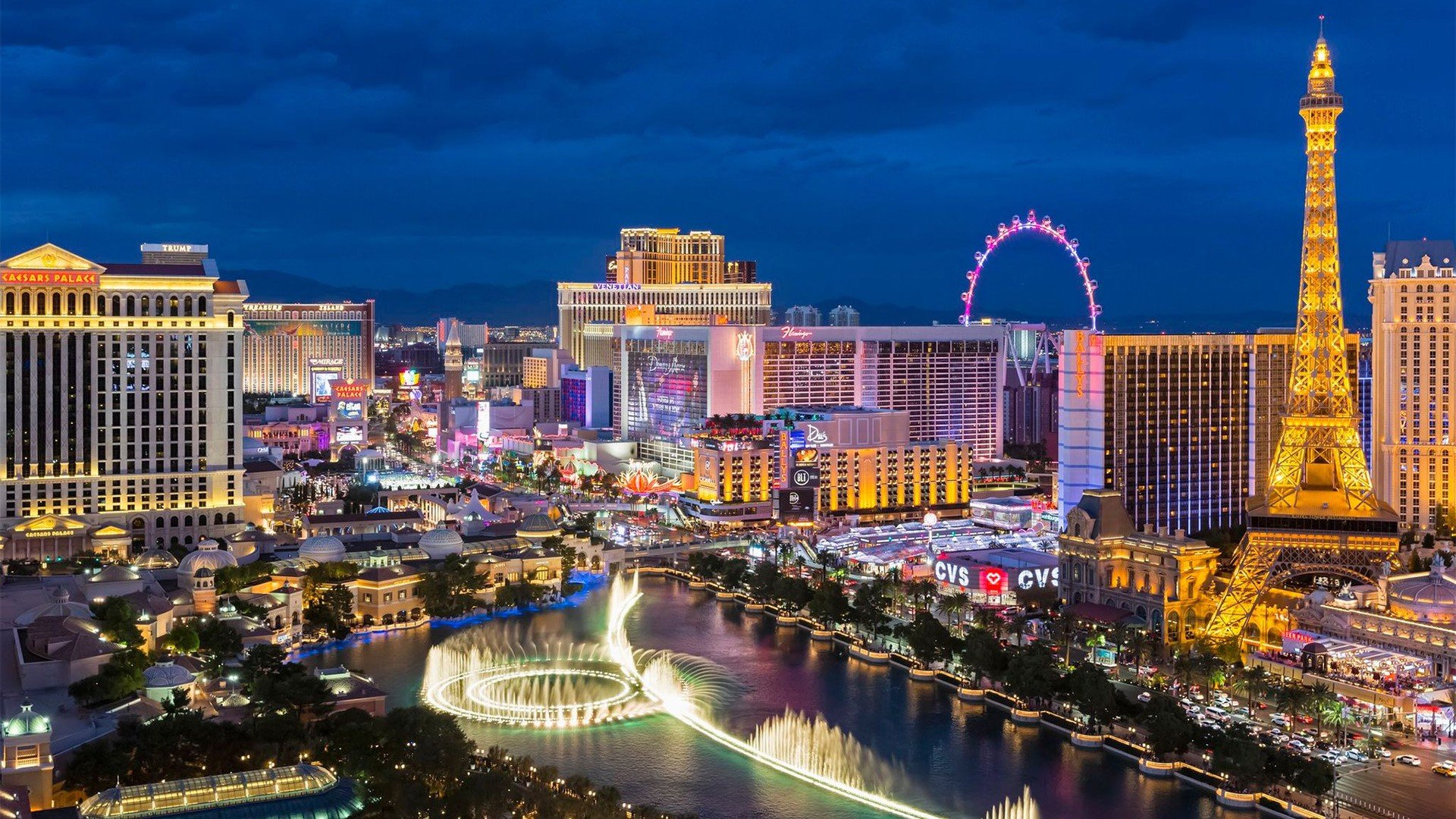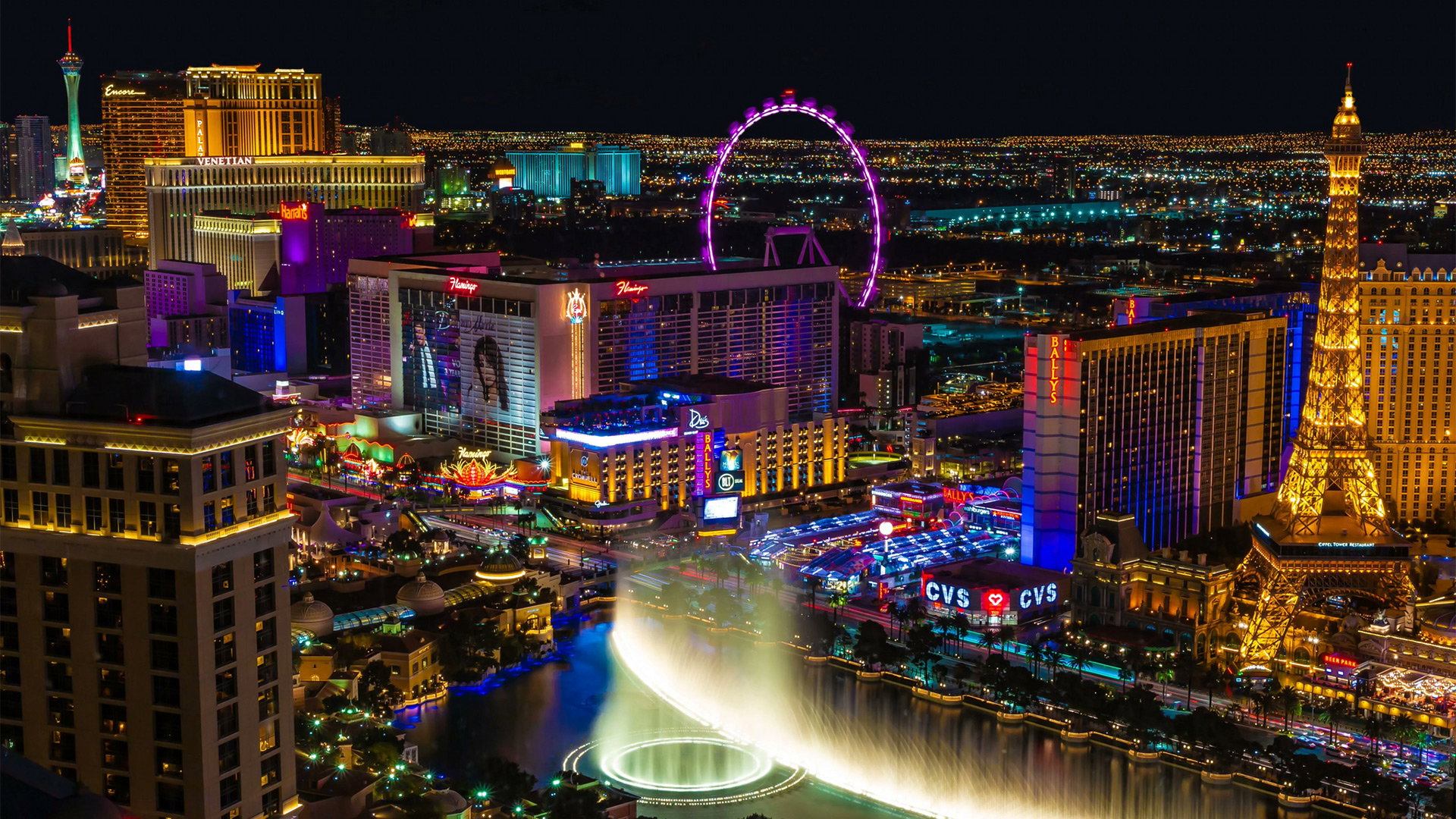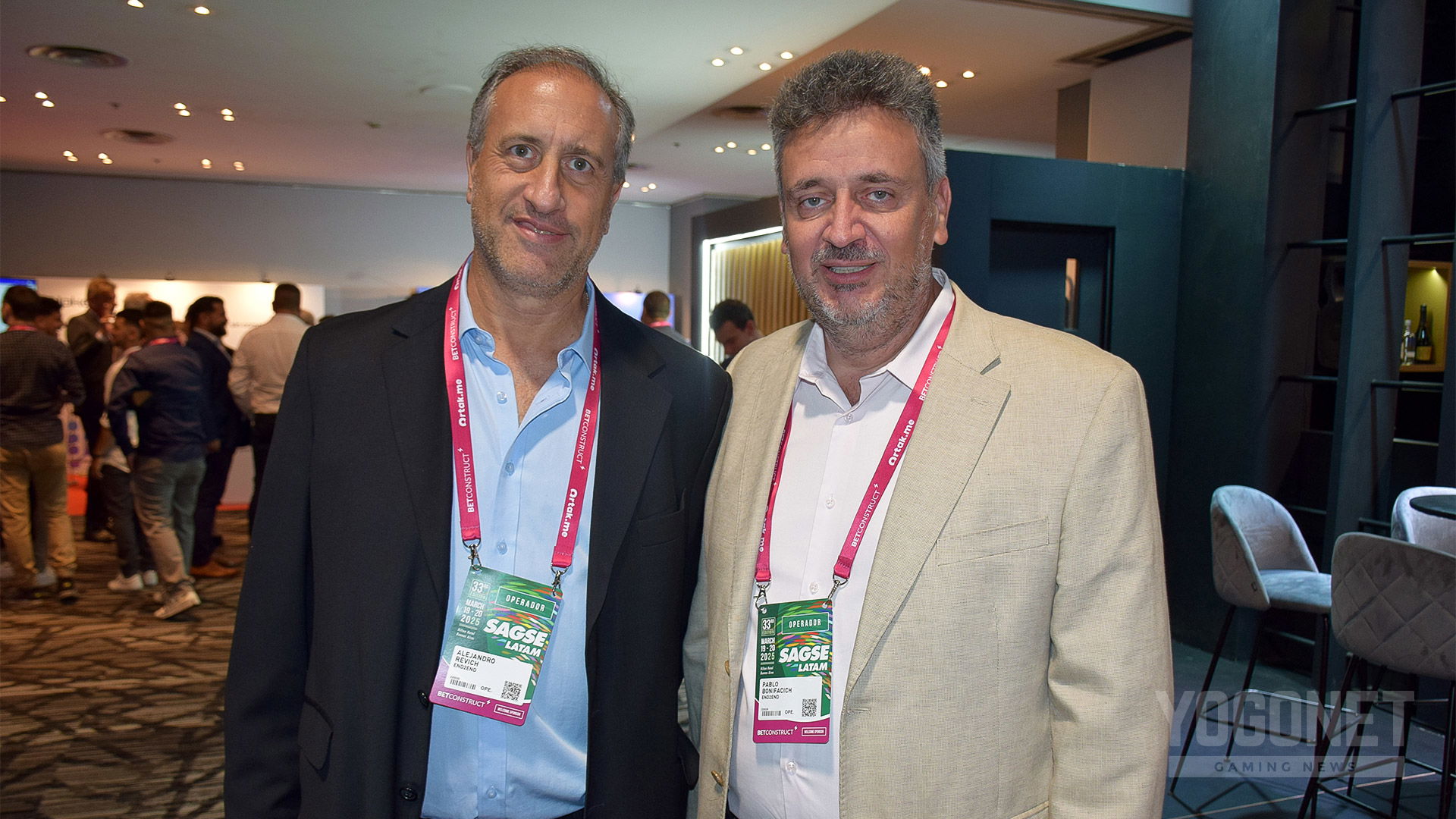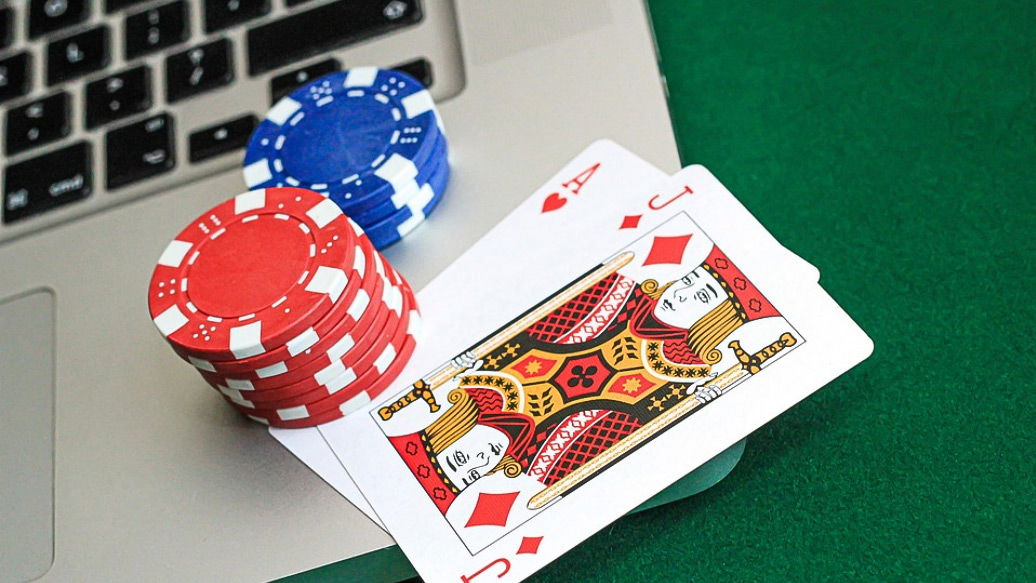"Las Vegas is in for some more pain," Las Vegas Sands president says
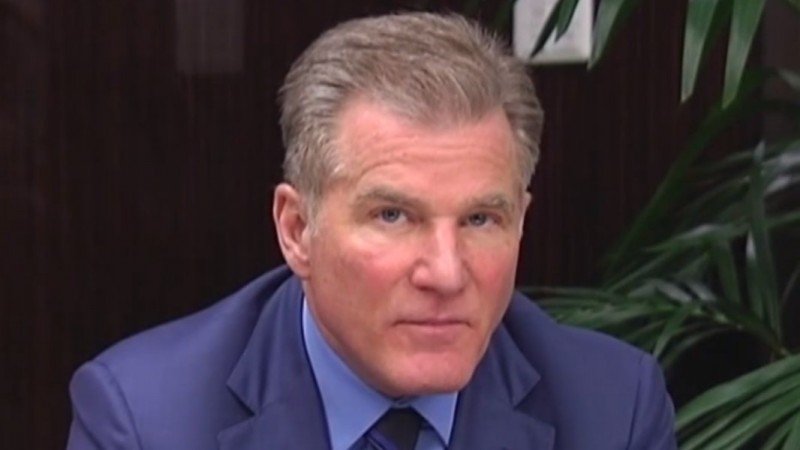
In an interview on “The Exchange” with CNBC’s Contessa Brewer, Las Vegas Sands President Robert Goldstein told CNBC that the city will continue to struggle economically as the COVID-19 pandemic persists.
The company has recently extended its pledge to maintain worker pay and benefits through at least Oct. 31.
"It’s clearly a difficult time for us .... and from my perspective, we’re in for some more pain around here,” Goldstein said.
Goldstein’s comments come two days after the announcement that CES, the U.S.′ biggest technology show, will be an online-only event in January due to the coronavirus — yet another blow to the economy of Las Vegas, where CES is held. Last year, the multiday event had more than 171,000 attendees from across the world.
“Las Vegas ... is a large-scale city by any means you measure it: 150,000 sleeping rooms, large conventions, large banquets. Large is the word for Las Vegas, so not exactly an easy place to be in this environment,” said Goldstein, who called CES going virtual “hurtful short term” for the city.
Casino resorts in Las Vegas closed due to the coronavirus in mid-March and began to reopen on June 4.
Las Vegas is a destination city dependent on tourism, especially from visitors who fly in. For Las Vegas to recover meaningfully, Goldstein said, a vaccine to prevent Covid-19 or “something that changes the consumer perception of this virus” is needed. “And I don’t see that happening short term,” said Goldstein, who also is chief operating officer.
Las Vegas Sands, which generates about 90% of its EBITDA from Macao and Singapore, did receive a bit of relatively positive news this week as the Chinese government will begin broader visa issuance for Macao. The company generates a little over 60% of its revenue from the Chinese territory and casino hub.
“It’s a step in the right direction, but not the step,” Goldstein said, because the change to visa issuance policy does not yet cover tourists. “We’re tourist-driven.”
However, Goldstein said he believes that a restart to the critical program known as the individual visit scheme, or IVS, may not be too far off. “I think it will happen in the course of the summer or fall. It will be slow. It will not be large steps. It will be a series of small steps leading to a full-scale IVS opening both for Guangdong and all of China at some point,” he said. “What that point is, no one really knows.”
But he added: “We do know that the Asian consumer, the Chinese consumer, is very conversant with a virus environment. They’re used to masks and gloves and social distancing and temp checks. They’re not going to respond like Americans, who had a hard time with it. We also know that they’re not going to travel beyond China, so I think Macao will become a very favorable destination when those doors do open.”
The company, founded by CEO Sheldon Adelson, reported last week net revenues were down 97% year over year for the quarter that ended June 30. It posted a net loss of $985 million for the quarter.
Despite the financial challenges the pandemic has presented for the company, it recently said it was extending its pledge to maintain employee benefits and pay through at least Oct. 31. In a letter to employees obtained by CNBC’s Brewer, Adelson said he believed Las Vegas Sands was the only casino operator not to furlough or lay off workers due to the Covid-19 crisis.
Adelson feels that “supporting people in these difficult times is the right thing to do from a moral perspective, at a time when this city is really having some incredible challenges,” Goldstein said. “But also business wise, we believe this pandemic will eventually go away and we’ll be at the head of class in terms of desirability both for customers and also for employees.”


